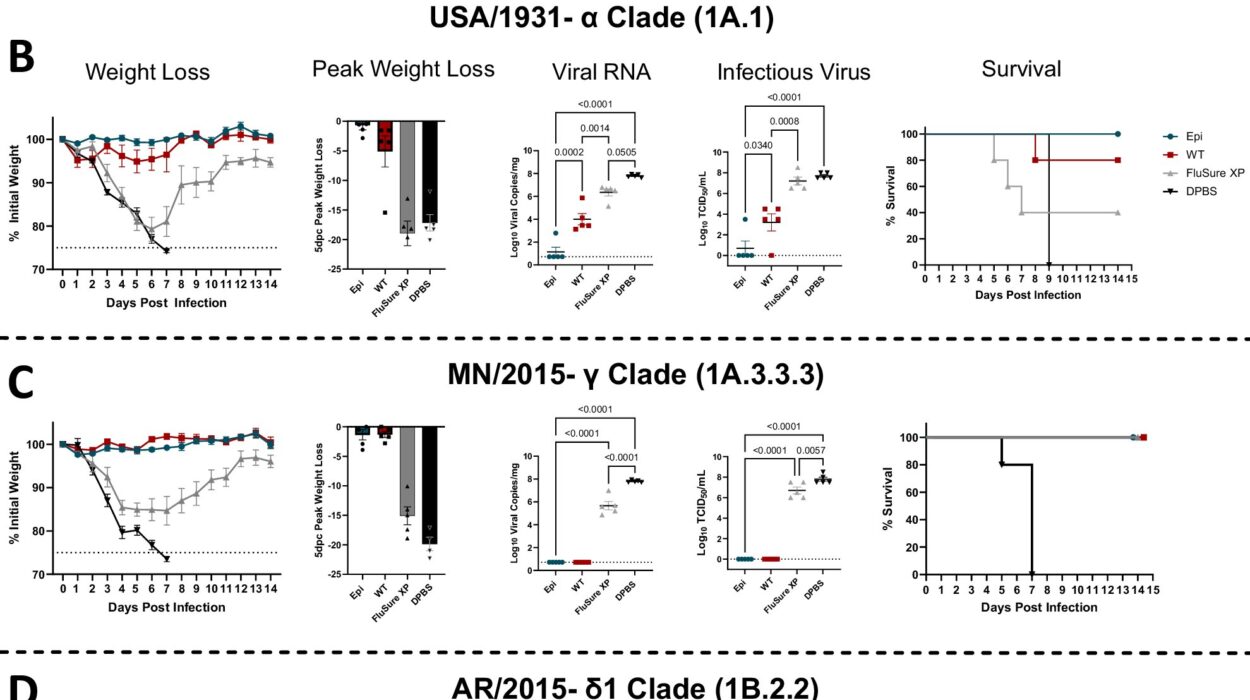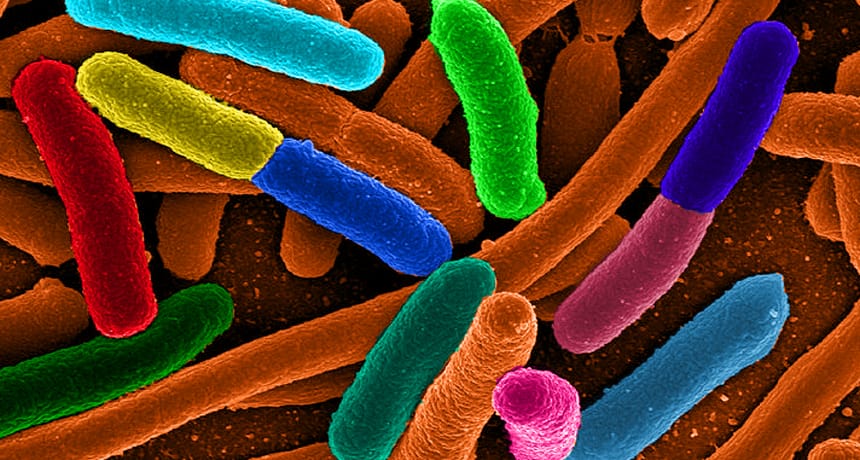Imagine you’ve just enjoyed a delicious meal. You’re full, satisfied—and then, the discomfort starts. Your stomach feels like it’s been pumped full of air. You unbutton your jeans and sigh, wondering why your once-flat tummy has transformed into a bloated balloon. If this scenario feels all too familiar, you’re far from alone.
Bloating is one of the most common digestive complaints in the world. It’s not just about feeling full. It’s about that gnawing tightness, the gassy pressure, and sometimes, even pain. But what exactly causes bloating? And more importantly, how can you get rid of it?
In this comprehensive guide, we’ll explore the many culprits behind bloating—from the foods you eat to the way you live—and uncover the scientifically-backed, natural ways you can stop it for good. Whether your bloating is an occasional annoyance or a daily struggle, you’ll walk away with the knowledge (and practical tips) to reclaim your comfort.
The Anatomy of Bloating: What’s Really Going On?
To understand bloating, we need to journey inside your belly. The digestive system is a marvel of biological engineering—a winding pathway filled with enzymes, bacteria, acids, and muscles all working in harmony to break down the food you eat.
But when something disrupts that balance, your gastrointestinal tract can fill up with gas, swell with fluids, or become sluggish. This internal dysfunction is what causes that unmistakable bloated feeling.
While bloating might seem like a surface-level issue, the root causes can be complex and varied. It’s not always about eating too much; sometimes it’s about what you eat, how you eat, when you eat—and even how you breathe or feel emotionally.
Gas, the Usual Suspect
One of the most common causes of bloating is a buildup of gas in the intestines. This gas can come from several sources: swallowed air, fermentation of undigested carbohydrates, or an imbalance in your gut microbiome.
We all swallow a little air when we eat or drink, especially if we’re talking, chewing gum, or drinking through straws. This swallowed air typically gets released through burping, but some of it can travel to the intestines and cause bloating.
Fermentation, on the other hand, is the work of your gut bacteria. When certain carbohydrates aren’t fully digested in the small intestine, they pass into the large intestine where they are fermented by microbes. This fermentation process creates gases like hydrogen, methane, and carbon dioxide—gases that can expand your belly like a balloon.
The Food Factor: What You Eat Matters
Some foods are notorious for causing gas and bloating. Beans, lentils, broccoli, cabbage, onions, garlic, apples, and dairy products are all common offenders. These foods contain types of carbohydrates that are difficult for the small intestine to break down, which makes them prime candidates for fermentation in the colon.
Dairy, for example, contains lactose. Many adults lose the ability to digest lactose efficiently, leading to gas, cramping, and bloating. Similarly, beans contain oligosaccharides—carbohydrates that are resistant to digestion.
But it’s not just about “bad” foods. Even healthy diets can be loaded with bloat-inducing ingredients. High-fiber diets, especially when increased too quickly, can overwhelm the digestive system and lead to excess gas. Fruits and vegetables are wonderful, but even too much of a good thing can backfire if your gut isn’t used to it.
Artificial sweeteners like sorbitol, mannitol, and xylitol—commonly found in sugar-free products—can also wreak havoc on your gut, as they are poorly absorbed and easily fermented by bacteria.
Gut Bacteria and the Microbiome Connection
Your digestive tract is home to trillions of microorganisms—bacteria, fungi, viruses, and more—that collectively make up your gut microbiome. These microbes play a key role in digestion, immune function, and even mood regulation.
An imbalance in this microbial community, known as dysbiosis, can lead to excessive gas production and bloating. Conditions like small intestinal bacterial overgrowth (SIBO) occur when bacteria that are normally found in the colon begin to colonize the small intestine. This misplacement of microbes can cause intense bloating, diarrhea, and abdominal pain after eating.
What causes this microbial mischief? Antibiotics, stress, poor diet, and underlying medical conditions can all disrupt the balance of your microbiome. That’s why treating bloating often involves more than just popping an antacid; it requires rebalancing your gut flora.
Hormones: The Bloating Burden for Women
If you’re a woman, chances are you’ve experienced bloating as part of your menstrual cycle. Hormonal fluctuations—particularly in estrogen and progesterone—can influence water retention, digestion, and gut motility.
In the days leading up to menstruation, progesterone levels rise, which can slow digestion and cause constipation, leading to bloating. Estrogen, meanwhile, can cause water retention and a feeling of puffiness throughout the body, including the abdomen.
Conditions like polycystic ovary syndrome (PCOS) and endometriosis can also exacerbate bloating. These are often accompanied by other symptoms like fatigue, irregular periods, or pelvic pain, so it’s important to seek medical advice if bloating is persistent and severe.
Constipation and Slow Transit
When your digestive system slows down, food and waste linger in your intestines longer than they should. This leads to fermentation, gas buildup, and that heavy, swollen feeling associated with bloating.
Constipation is a major cause of bloating and is often the result of low fiber intake, dehydration, lack of physical activity, or a side effect of medications. When stool is not passed regularly, the colon becomes distended, gas accumulates, and discomfort follows.
The solution? Sometimes it’s as simple as increasing your water intake, eating more fiber, and getting regular exercise. Other times, it requires investigating deeper issues like hypothyroidism, IBS, or even colon motility disorders.
Irritable Bowel Syndrome: Bloating’s Frequent Partner
Irritable Bowel Syndrome (IBS) is one of the most common causes of chronic bloating. It’s a functional gastrointestinal disorder, which means there’s no identifiable structural problem, but the gut doesn’t function properly.
People with IBS often report that bloating is one of their most troublesome symptoms. This bloating can occur with diarrhea, constipation, or a mix of both. It’s believed that abnormal muscle contractions in the intestine, heightened gut sensitivity, and imbalances in the gut microbiome all contribute to IBS symptoms.
Managing IBS-related bloating often involves a combination of diet changes, stress management, and sometimes medications or probiotics. The low FODMAP diet—an eating plan that reduces fermentable carbs—has shown particular promise for those with IBS.
Stress and the Gut-Brain Axis
Believe it or not, your mental state can affect your digestive comfort. The gut and the brain are intimately connected through a system called the gut-brain axis. When you’re stressed, anxious, or overwhelmed, your brain sends signals to your gut that can slow digestion, increase inflammation, and alter gut motility—all of which can lead to bloating.
Stress can also lead to behaviors that increase bloating, such as eating too quickly, drinking carbonated beverages, or skipping meals. Over time, chronic stress can even change the composition of your gut microbiome, further compounding the problem.
Mindfulness practices like yoga, meditation, deep breathing, and even simple hobbies can go a long way in soothing your gut and reducing bloating.
Hidden Food Intolerances
Sometimes bloating is your body’s way of saying, “This food doesn’t agree with me.” Food intolerances are different from food allergies—they don’t involve the immune system but still cause unpleasant symptoms like gas, bloating, cramping, and fatigue.
Lactose intolerance is the most well-known, but many people also have trouble digesting gluten (a protein found in wheat, barley, and rye), fructose (a sugar found in fruits and some vegetables), and even histamines (found in fermented foods like wine and cheese).
An elimination diet guided by a health professional can help identify hidden food triggers and significantly reduce bloating.
How to Stop Bloating: Practical Solutions
You now know what causes bloating, but how do you stop it? Fortunately, there are many strategies—backed by science and experience—that can deflate the bloat and keep your belly comfortable.
One of the simplest changes is to slow down while eating. Chew thoroughly, eat mindfully, and avoid talking while chewing to minimize air intake. Skip the soda and carbonated beverages, which add unnecessary gas to your system.
Consider reducing high-FODMAP foods, especially if you have IBS. These include onions, garlic, apples, legumes, and wheat products. Work with a dietitian to eliminate and then gradually reintroduce foods to identify your personal triggers.
Add probiotics to your routine—either through fermented foods like yogurt and kimchi or supplements—to support a healthy microbiome. Digestive enzymes and herbal teas (like peppermint, ginger, and chamomile) can also ease gas and improve digestion.
For chronic constipation, increase your fiber intake gradually, drink plenty of water, and stay active. A morning walk, yoga, or just dancing in your living room can stimulate gut motility.
If stress is a factor, explore stress-relief techniques that resonate with you. Journaling, therapy, nature walks, and creative hobbies can all help calm your nervous system and, by extension, your digestive tract.
When to See a Doctor
Occasional bloating is normal. But if it becomes persistent, painful, or is accompanied by symptoms like weight loss, vomiting, blood in the stool, or changes in bowel habits, it’s time to seek medical advice.
Serious conditions like celiac disease, inflammatory bowel disease (IBD), ovarian cancer, or gastrointestinal obstruction can present with bloating as an early symptom. Don’t ignore your gut’s distress signals.
A healthcare provider can run tests, recommend dietary changes, or refer you to a specialist to rule out underlying conditions and offer targeted treatment.
Conclusion: A Happier, Lighter You
Bloating can steal your comfort, your confidence, and your joy. But the good news is, you don’t have to live with it. Understanding the root causes of bloating—whether they’re dietary, microbial, hormonal, or emotional—empowers you to take meaningful steps toward relief.
With the right knowledge, a dash of patience, and some lifestyle tweaks, you can reclaim a belly that feels light, calm, and content. Listen to your body, treat it kindly, and know that bloating is not your fate—it’s just a signal asking for your attention.
Your journey to a flatter, happier belly starts now.






